
Some 150 years after President Lincoln “freed” the American slaves, it is estimated that over 30 million people still live in slavery. Photo: Shealah Craighead/The White House.
Av: Fredrik Björksten
Thursday, January 1st 1863 was a bright and crispy day in Washington D.C. The sky was clear and the wind biting and dry, making the great magnolia trees sway back and forth on the White House south lawn. That morning, Abraham Lincoln got out of bed exceptionally early. He had so much to do, but […]
Läs mer »
10 april, 2019, Editorial, English, Magazine
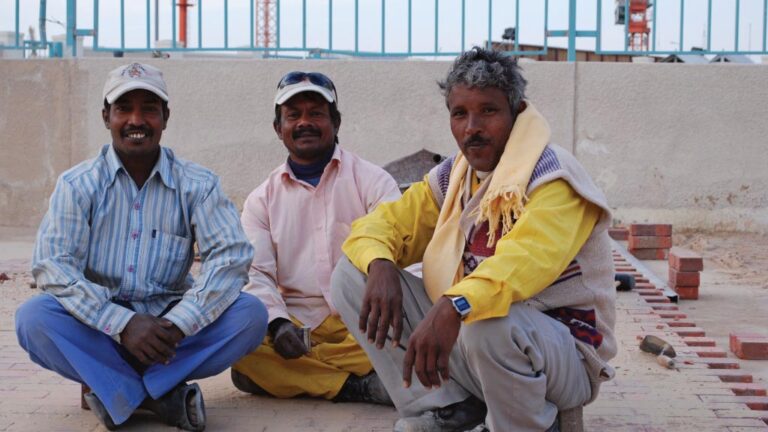
Builders at Work. There are close to one million migrant workers in Qatar, mainly from South Asia. The majority work in construction. Photo: WBUR Boston's NPR News Station, Flickr.
Av: Åsa Setterquist och Hanna Geschewski
Many were shocked when FIFA announced their choice for the 2022 FIFA World Cup in Qatar. It is not only a wildcard in international football, but also notorious for the unworthy treatment of its many migrant workers. With only three years left until the first kick-off, not much seems to have improved.
10 april, 2019, Article, English, Magazine
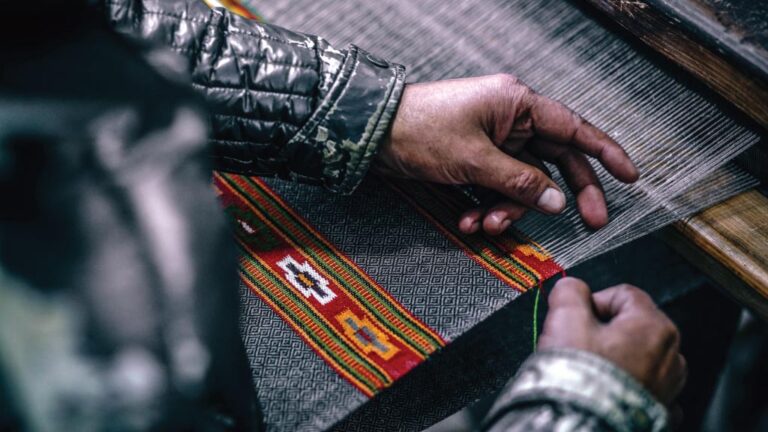
Factory worker making clothes. Photo: Fancycrave, Unsplash.
Av: Vittorio Capici och Wooseong Kim
The Belt and Road Initiative (BRI) is one of the most ambitious transnational development projects ever implemented. However, many EU analysts and policymakers fear the changes that BRI will bring to the European labour markets. This article will bring you to Prato, a key centre for the Italian textile industry, where the Chinese immigrant workers have been hired under inhumane conditions for 40 years and where the Chinese government decided to invest once again.
10 april, 2019, English, Magazine, Opinion

Kyrgyzstan has been accused by the United Nations for failing to protect victims and adequately prosecute perpetrators of bride-kidnapping. Photo: Gazvbubu Babayarova.
Av: Iryna Sharypina och Tessa Stockburger
In Kyrgyzstan, a girl is kidnapped every 40 minutes and forced into a marriage with her kidnapper. Now as #MeToo has spread around the globe, Kyrgyz women and girls are speaking out to end this practice.
10 april, 2019, Article, English, Magazine
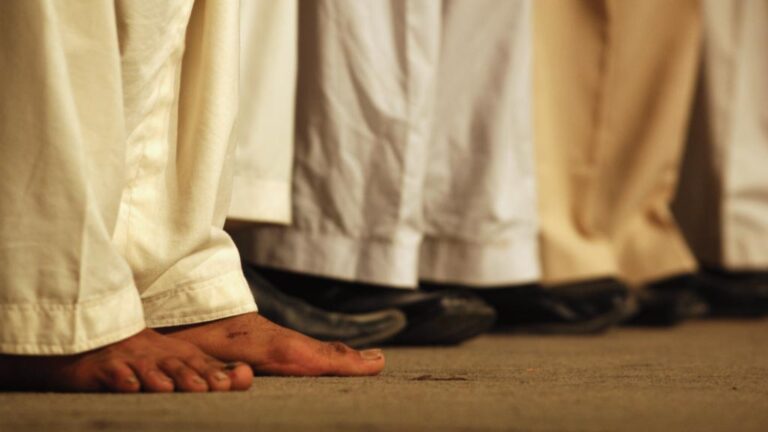
Bacha bazi, or “boy play” in Dari, is a practice that is synonymous with the sexual exploitation of boys. Photo: US Embassy Kabul, Flickr.
Av: Alexandra Håkansson och Lisa Elamson
In 2017 the Afghan government introduced a new Criminal Code explicitly addressing the under-reported issue of bacha bazi. The practice involves older men taking advantage of young boys in vulnerable situations and has increased since the fall of the Taliban regime. Although introducing new laws banning bacha bazi is a welcome move, the issue extends far beyond national laws.
10 april, 2019, English, Long read, Magazine
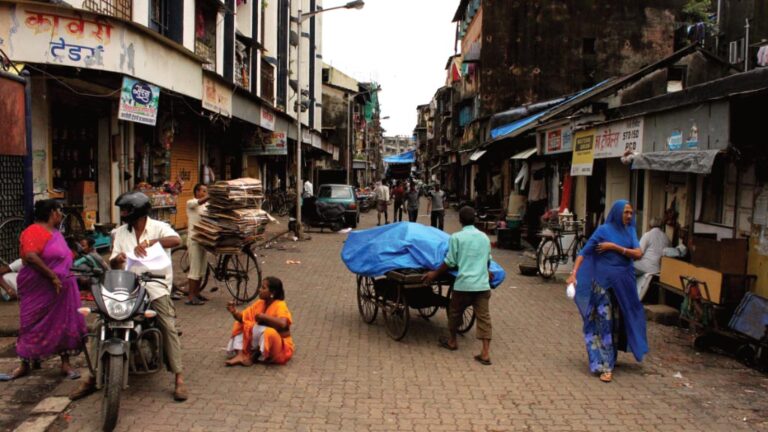
A cramped, narrow lane in Kamathipura, Mumbai. Photo: Jaideep Vaidya, Flickr
Av: Johanna Caminati Engström och Jonathan Wirths
In India, addressing sex trafficking remains a challenge. A study from 2013 found that four in five female sex workers in the country have been trafficked and forced into the industry. But what happens afterwards? What are the challenges for organisations that try to support sex workers who have been trafficked? Olga González, who has recently worked in one of Asia’s largest and oldest red light areas in Mumbai, answered our questions.
10 april, 2019, Article, English, Magazine

Statue depicting a mourning angel. Photo: Maggyona, Pixabay.
Av: Harmat Frigyes
More and more cases of sexual misconduct by Catholic officials against nuns are coming to light. As voices for equality within the world’s largest religious organization are getting louder than ever, the Catholic Church is once again in controversy.
10 april, 2019, Article, English, Magazine
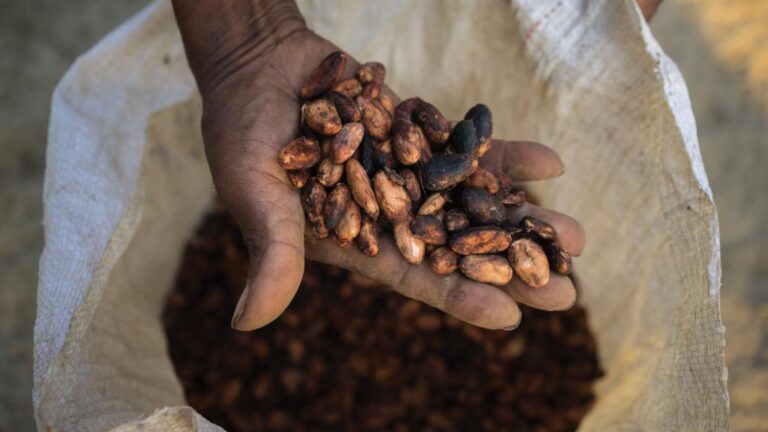
A worker holding cacao beans. Photo: Thomas Cristofoletti/USAID, Flickr.
Av: Carolina Yang och Kathrin Hegger
Slavery that holds the longest history in agriculture, has transformed into various forms, and is still part of our daily lives. Child labor, a reality in the cocoa production in Côte d’Ivoire, gives a bitter aftertaste to the joyful treat of chocolate.
9 april, 2019, Article, English, Magazine
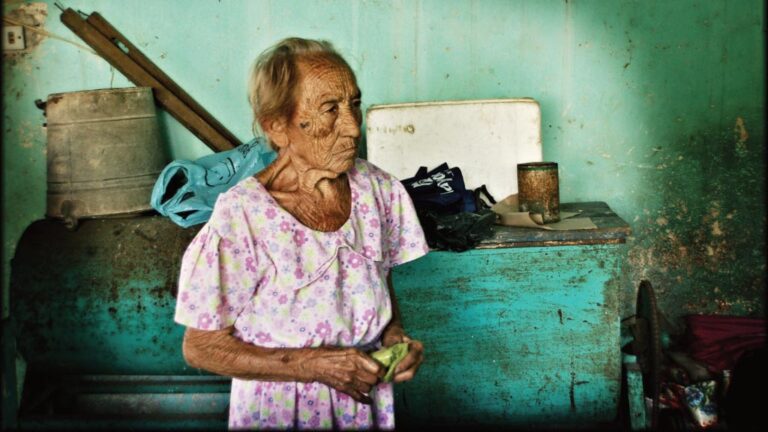
An elderly woman in domestic work, Mexico. Photo: Lorna Brooks, Flickr.
Av: Carlos Ranero och Charlotte German
The film ROMA portrays the life of an indigenous woman in Mexico and has sparked a debate about the working conditions for indigenous domestic workers in the country. Discrimination, violence and no working security are some of the risks that make up the daily work life for many of the marginalized women.
9 april, 2019, English, Magazine









